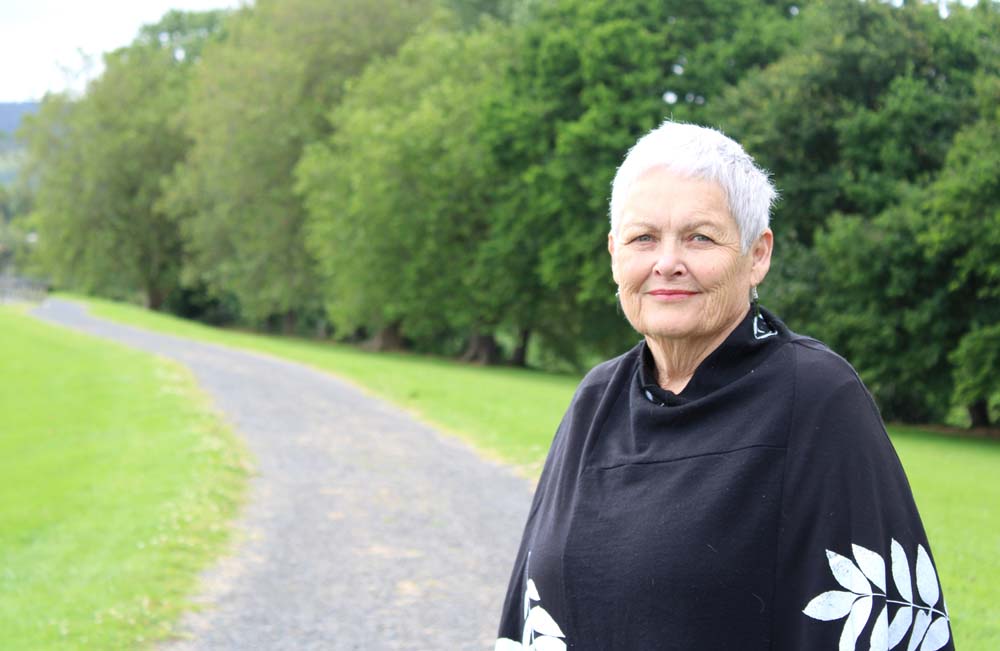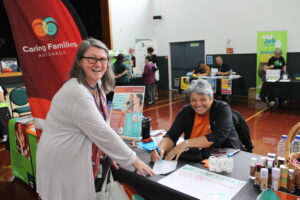It’s time to take back an idiom that “reinforces gender inequities” and flip it on its head.
The phrase “boys will be boys” is often used to express the view that poor behaviour is typical of young men and should not cause surprise when it occurs.
But Sally Christie, from the Hauraki Family Violence Intervention Network, says it’s an expression that shuts down conversation and needs to have a new meaning.
“Boys are often uncomfortable about what other people are saying and want to talk about it, but the pressure from their peers and elders is so strong, and that’s what we have to change,” she said.
White Ribbon Day is on Friday, November 25 and is an international day when people wear a white ribbon to show that they do not condone violence towards women. According to White Ribbon New Zealand, there are more than 3,500 convictions recorded against men for assaults on women, while one in five women will experience sexual assault or sexual interference at some point in their lives.
This year, the campaign aims to promote healthy masculinity by taking back the phrase that excuses poor behaviour: ‘boys will be boys’.
“These hyper-maculine stereotypes hurt men as well as women,” Sally said. “If men don’t fit the mould or feel uncomfortable about it, then where are they left? And these are our brothers, and fathers, and kids. Men aren’t thriving in this culture, so it’s not about women wanting it different for us, we want it different for them.”
According to research conducted by the University of Auckland through workshops with secondary school boys and young men in Tāmaki Makaurau, some of society’s key ideas for what it meant to be a man gave boys “a narrow and limiting model for how they should be and act in the world”.
It said that boys’ friendship groups, and the importance of peer group loyalty and belonging, were powerful influences on behaviour.
“I want men to be able to say something like: ‘I’m not going to have a beer tonight, I’m going to go home and take my kids for a bike ride’ and for other men to support that and not say: ‘You must be under the thumb’,” Sally said. “But if the pressure in the group is too strong to do it then – do it later. Practise individually supporting somebody and then move into a wider group. No one gets to kick goals like Dan Carter without a huge amount of practise – and we’re allowed to practise.”
Sally said White Ribbon Day was a “perfect” way to raise awareness, but thought needed to be given on how to acknowledge it for the other 364 days of the year. “There is always a possibility for change, and I have huge faith in the younger generations thinking differently to mine, and being able to celebrate differences more than we ever did.”
DETAILS: For help or further information, contact Sally Christie at sallychristie@hfvin.co.nz or visit whiteribbon.org.nz and www.shiftingtheline.ac.nz

Sally Christie from the Hauraki Family Violence Intervention Network says White Ribbon Day is a perfect way to raise awareness. Photo: KELLEY TANTAU
‘Boys will be boys’ no longer




